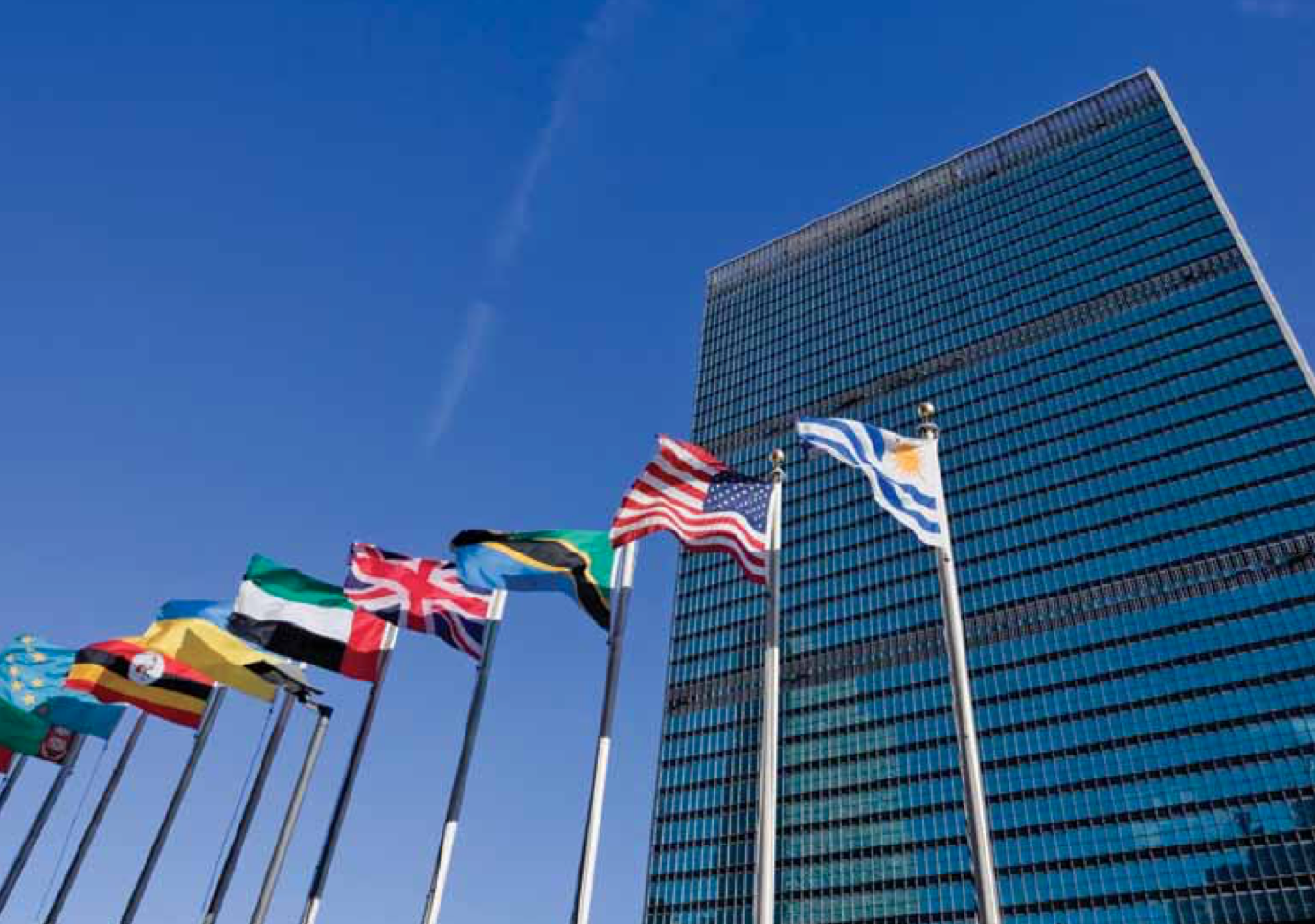(RUSI) – For Israeli policymakers, President Obama’s major Middle East speech on 19 May 2011 has been met with alarm. An American president has for the first time broken with the traditional US approach to Israeli-Palestinian peace negotiations. The end result may harden attitudes on both sides of the conflict.
The Obama administration has dramatically shifted from the United State’s traditional approach towards the Israeli-Palestinian talks since 1993 when President Clinton presided over the signing of the Oslo Peace Accords. For the first time, President Obama shifted US policy by being the first president to call for Israel to return to the 1967 borders.
His predecessors, President Bush and President Clinton purposely refused to refer to the 1967 borders. President Obama’s pronouncement is certainly a departure from the position outlined by President Bush’s 2004 letter to then Israeli Prime Minister Ariel Sharon -endorsed by a bipartisan majority, including ironically Hilary Clinton. The letter had referred to the fact that both parties would have to agree to any swaps of territory. The letter further declared, ‘in light of new realities on the ground, including already existing major Israeli populations centers, it is unrealistic to expect that the outcome of final status negotiations will be a full and complete return to the armistice lines of 1949, and all previous efforts to negotiate a two-state solution have reached the same conclusion.’ Similarly, the Clinton Parameters which was withdrawn by President Clinton before he left office, while referring to land ‘swaps and other territorial arrangements’, failed to mention the 1967 borders.
This traditional approach towards the conflict was in line with UN Resolution 242 of November 1967 that did not make its calls for Israel’s return to a ‘secure and recognised’ border as synonymous with the 1967 borders. This was due to its aim that the borders would result from negotiations between Israel and the Palestinians. Britain’s foreign secretary at the time, George Brown underscored this saying: ‘The proposal said ‘Israel will withdraw from territories that were occupied,’ and not from ‘the’ territories, which means that Israel will not withdraw from all the territories.’ This principle in fact had already been reiterated by the main author of Resolution 242, the British ambassador to the UN in 1967, Lord Caradon, who decades earlier admitted on PBS: ‘We didn’t say there should be a withdrawal to the ’67 line….We all knew – the boundaries of ’67 were not drawn as permanent frontiers, they were a cease-fire line of a couple of decades earlier.’ The cease-fire Lord Caradon was referring to was in 1948, when the five Arab armies were prevented from invading the newly created state of Israel and which legally formed an armistice line, not a recognised international border.
Read Full Article: RUSI
Barak Seener is the CEO of Strategic Intelligentia and a former Middle East Fellow at the Royal United Services Institute (RUSI). He is on Twitter at @BarakSeener.




